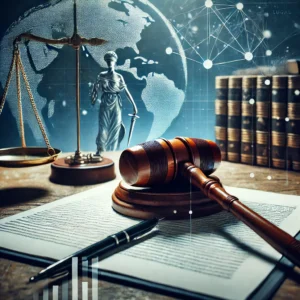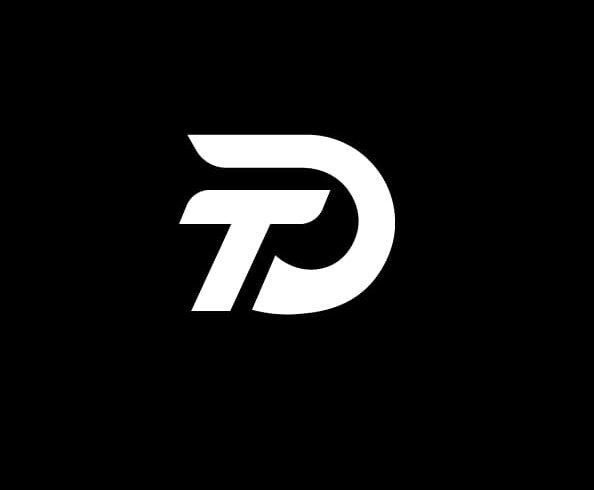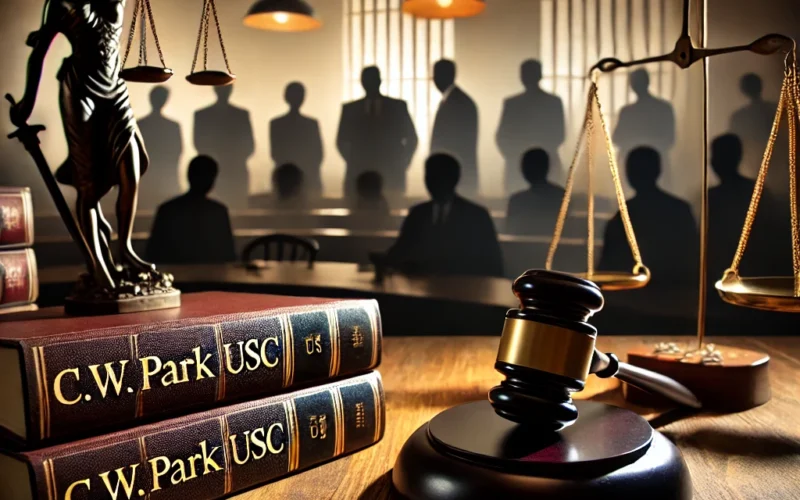The C.W. Park USC lawsuit has caught the attention of both the academic and legal communities due to its serious allegations and potential implications. This case raises issues regarding wrongful termination, retaliation, and discrimination in higher education. As the lawsuit unfolds, it brings to light broader concerns about accountability, faculty rights, and university policies on sexual misconduct and discrimination.
In this article, we will explore who C.W. Park is, the origins of the lawsuit, USC’s response, legal proceedings, and what this case could mean for universities and faculty members nationwide.
Who Is C.W. Park? A Brief Background

C.W. Park is a former professor from the University of Southern California’s (USC) Ostrow School of Dentistry. He was employed from 2015 to 2020, building a reputation as a respected educator with positive performance reviews. Park had no significant disciplinary history throughout his tenure. However, in 2020, USC abruptly terminated his employment, claiming performance issues.
Park disputes USC’s explanation, asserting that he consistently met performance expectations. He believes his termination was an act of retaliation for reporting a sexual harassment incident involving a faculty member. This allegation forms the core of the C.W. Park USC lawsuit, with additional claims of discrimination based on his race and gender.
Overview of the Lawsuit and Key Allegations

The C.W. Park USC lawsuit was filed in Los Angeles County Superior Court on November 6, 2023. Park alleges that USC wrongfully terminated him in retaliation for his involvement in reporting sexual misconduct under the university’s Title IX policy.
Park claims that in 2019, he reported a student’s sexual harassment of a faculty member to USC’s Title IX office. He argues that after engaging in this protected activity, he became a target for retaliation, leading to his termination in 2020. The lawsuit also alleges that USC discriminated against Park based on his identity as an Asian American male.
The key allegations include:
- Wrongful Termination: Park argues that his dismissal was unjustified.
- Retaliation: Park claims that USC targeted him for speaking out against sexual misconduct.
- Discrimination: Park alleges that he was treated differently because of his race and gender.
USC’s Response to the Lawsuit
USC has denied all allegations, maintaining that Park’s termination was solely due to his poor performance. According to the university, Park failed to meet the essential expectations of his role, including teaching responsibilities and student engagement.
In response to the lawsuit, USC filed a motion to dismiss, arguing that Park’s claims are baseless. The university asserts that no evidence supports his allegations of retaliation or discrimination. Instead, USC maintains that Park’s termination was the result of objective performance reviews.
Legal Process: Timeline and Status Update
The legal proceedings for the C.W. Park USC lawsuit are ongoing. USC submitted its motion to dismiss on December 12, 2023, claiming that the lawsuit lacks factual and legal merit. A hearing to address the motion is scheduled for February 20, 2024.
If the court finds that Park has provided sufficient evidence to support his allegations, the motion to dismiss will be denied, allowing the case to proceed to the discovery phase. During discovery, both parties will exchange relevant documents, and witnesses will be deposed. If the case is not resolved through settlement, it may go to trial, which could take over a year to reach a final verdict.
Broader Implications for Higher Education
This lawsuit extends beyond the parties involved. It has raised concerns about how universities handle sexual misconduct, discrimination, and retaliation. Faculty members across the country are closely watching the C.W. Park USC lawsuit, as it could set a precedent for similar cases involving faculty rights and institutional accountability.
USC’s Track Record with Title IX and Discrimination Cases
This lawsuit is not the first controversy USC has faced regarding Title IX compliance. The university has previously been criticized for mishandling sexual misconduct reports. In recent years, students and faculty have accused USC of downplaying complaints to protect its reputation.
The C.W. Park USC lawsuit highlights the ongoing challenges universities face in balancing accountability with their public image. If Park’s allegations are proven, the case could pressure USC to reevaluate its internal policies and procedures for handling complaints.
Potential Outcomes and What’s Next?
There are several potential outcomes for the C.W. Park USC lawsuit. If the court dismisses the case, USC will avoid further legal proceedings. However, if the motion to dismiss is denied, the case will proceed to trial or be settled out of court.
A trial could expose internal communications and practices within USC, potentially leading to reputational damage. On the other hand, a settlement might allow USC to resolve the matter discreetly, though it could still prompt changes to university policies.
How This Lawsuit Affects Faculty Nationwide
This case highlights the importance of protecting faculty members who report misconduct. If Park succeeds in his lawsuit, it could empower other professors to come forward with their own claims of retaliation and discrimination. Universities may need to adopt more transparent processes to protect whistleblowers and prevent wrongful terminations.
Conversely, if USC wins the case, it could discourage faculty members from reporting incidents, fearing retaliation without legal recourse.
Role of Advocacy Groups in Monitoring the Case
The C.W. Park USC lawsuit has garnered attention from advocacy organizations focused on civil rights and academic freedom. Groups advocating for better Title IX enforcement view the case as an opportunity to push for stronger protections for whistleblowers.
If the lawsuit succeeds, it could motivate other advocacy groups to challenge universities on their handling of sexual misconduct and discrimination cases.
Key Legal Precedents Involving Universities and Title IX Cases
The outcome of the C.W. Park USC lawsuit could align with or diverge from previous Title IX cases. In recent years, the U.S. Department of Education’s Office for Civil Rights (OCR) has increased its oversight of universities, ensuring compliance with Title IX.
Other high-profile cases have resulted in class action lawsuits, exposing institutional failures and leading to settlements or policy changes. Park’s lawsuit could set the stage for similar actions, depending on the court’s decision.
Conclusion
The C.W. Park USC lawsuit serves as a reminder of the complexities involved in balancing academic freedom, legal protections, and accountability in higher education. It underscores the importance of transparent processes and protections for faculty members who report misconduct.
Regardless of the outcome, this case highlights the need for continuous advocacy and policy reform within universities. USC and other institutions must take steps to address allegations seriously, ensuring fairness for all members of their academic communities.
FAQs
What are the primary allegations against USC?
The key allegations include wrongful termination, retaliation, and discrimination based on race and gender.
What has been USC’s official response to the lawsuit?
USC denies all allegations, maintaining that Park’s termination was due to poor performance.
How could this case impact other universities?
If Park’s lawsuit succeeds, it could encourage other faculty members to report misconduct, potentially influencing university policies nationwide.
What is the timeline for the legal process?
A hearing on USC’s motion to dismiss is scheduled for February 20, 2024. If the motion is denied, the case will proceed to discovery and potentially trial.
What are potential outcomes of the lawsuit?
The case could end in dismissal, settlement, or trial, each with different implications for USC and higher education.

